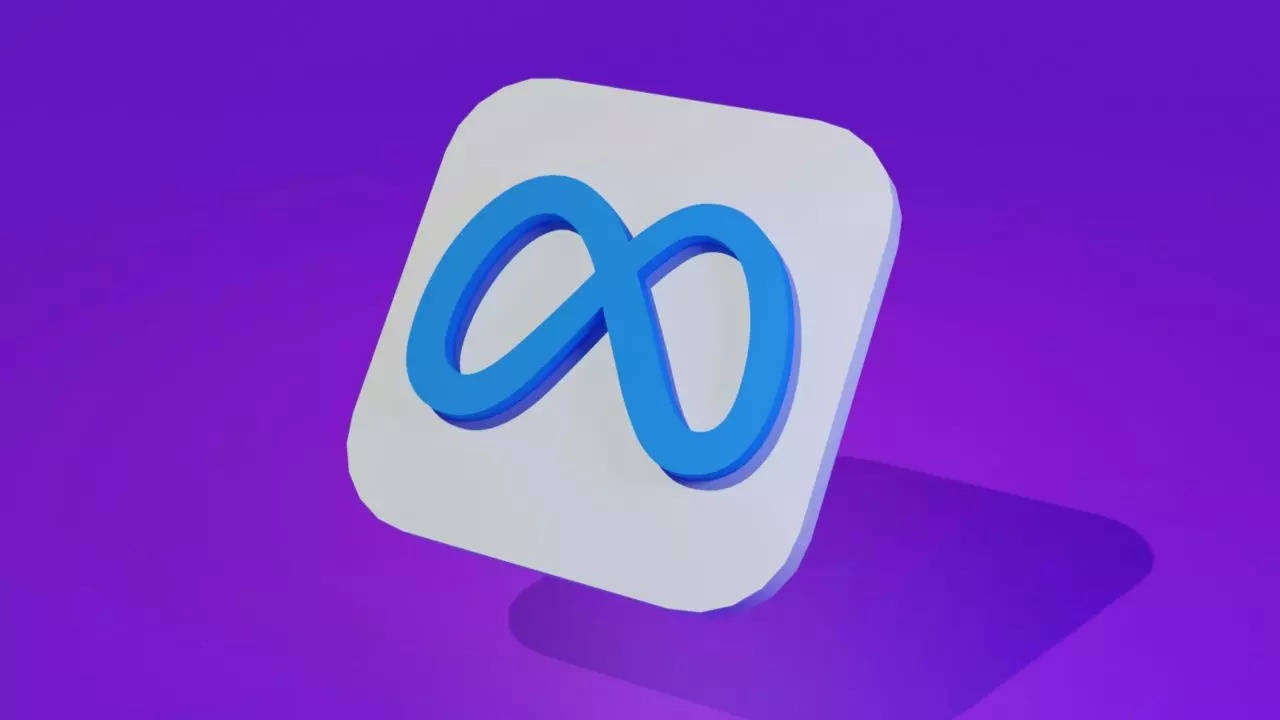
Meta-the parent company of Facebook and Instagram -has unveiled a batch of new AI models from its research division, including the "Self-Taught Evaluator" model. The Self-Taught Evaluator can already evaluate other AI models, so developers might not need to develop the prototypes themselves anymore. It used a "chain of thought" reasoning technique, like the latest OpenAI model, OpenAI o1, that gives improved reasoning during the response time.
The interesting aspect of Meta's AI model is that it uses AI-produced data instead of using human-labeled data. This would create a much more independent process of development where the AI learns from its mistakes and improves accuracy in mathematics-related analysis, scientific interpretation, and coding. The model breaks down complex tasks into smaller sub-tasks and enhances its performance and accuracy in these areas.
This could lead to more autonomous systems capable of continuously improving themselves. According to Meta researcher Jason Weston, AI should become increasingly superhuman, checking itself better than before, which may be beyond human effort. The auto-evaluation ability is thus considered an important step toward the achievement of highly sophisticated AI systems requiring little or no human intervention.
In addition to the Self-Taught Evaluator, Meta released several other AI products. The others include a successor to its Segment Anything image identification model, a tool it claims will speed up response times in large language models, and datasets intended to help researchers find new inorganic materials.

